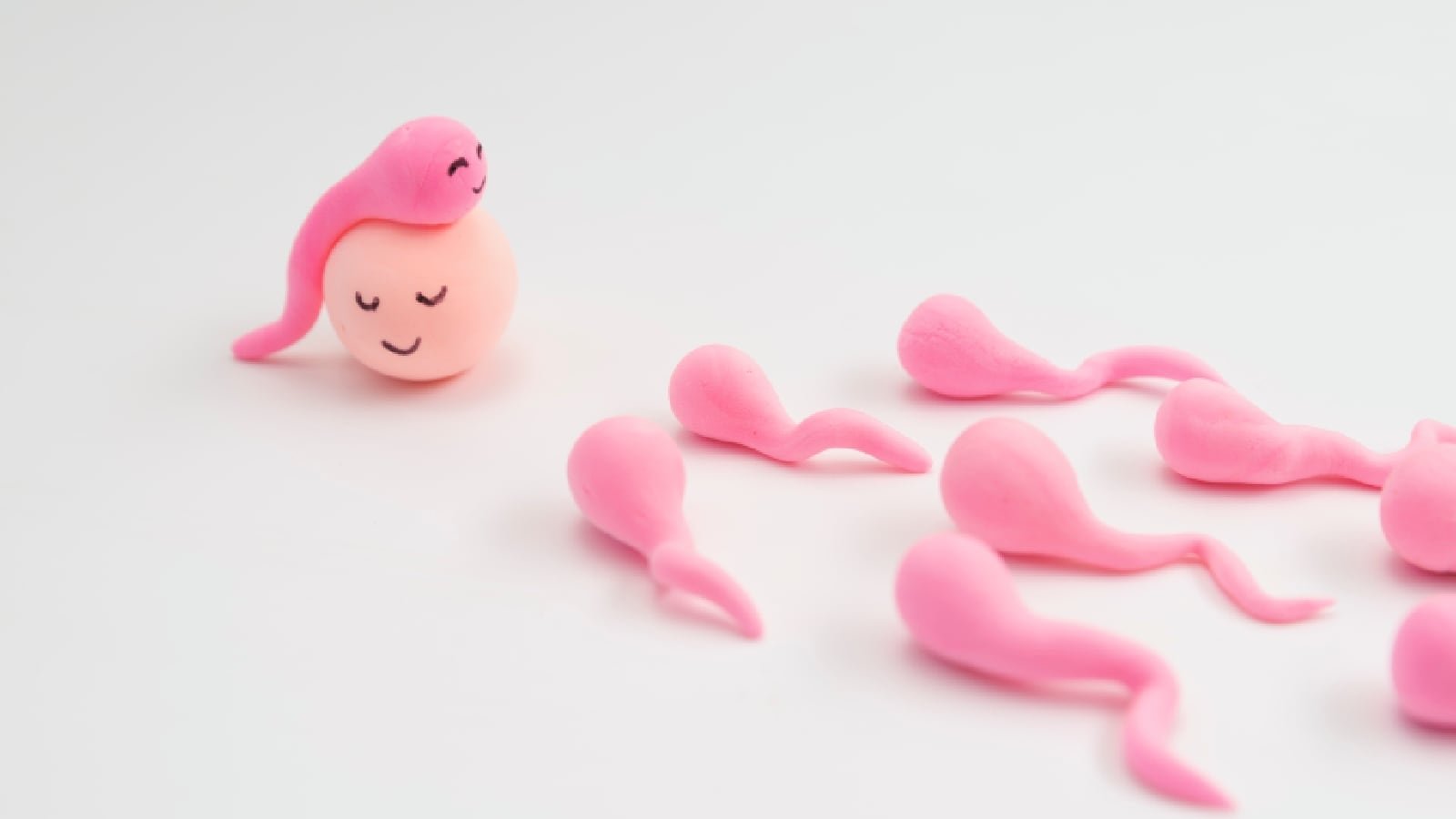Trying to get pregnant, but following outdated sex myths? A fertility specialist shares facts about sex and pregnancy every couple must know.
How frequently should I have sex in my fertile period to get pregnant? Will urinating after sex affect my chance to conceive? Planning a pregnancy can be an emotionally charged journey filled with excitement, anxiety, and often, misinformation. One area particularly prone to myths and misconceptions is sex and conception. Many couples unknowingly believe outdated or scientifically incorrect advice that can lead to stress and disappointment. Let us debunk some of the most common sex myths that can hinder, rather than help, your fertility journey.
Myth 1: You must have sex every day or twice a day during your fertile period
This is one of the most common sex myths among couples trying to conceive. While timing is important, frequency beyond reason is not necessary. Science tells us that once an egg is released during ovulation, it survives for about 24 hours. On the other hand, sperm can survive in the female reproductive tract for up to 72 hours. This means that having intercourse every day or every alternate day during your fertile window, is sufficient. More frequent sex won’t necessarily increase your chances. It may, in fact, lead to performance pressure or even fatigue in the relationship. Comfort, emotional connection, and low stress levels also play a big role.
Myth 2: Lying down after sex for an hour is mandatory
Many women are advised to lie flat for a long time after intercourse to “help the sperm reach the egg”. Let’s tell you the sex myth vs fact. While lying down for 10–15 minutes may be beneficial in helping sperm travel upward, there is no scientific evidence that an hour of lying down significantly increases the chances of conception. You don’t have to stay horizontal for an extended period. Just relax for a few minutes post-intercourse and then go about your usual routine — no need to stay still or stress over semen leakage.

Myth 3: Semen leakage means conception won’t happen
It is perfectly natural for some semen to flow out of the vagina after sex. This does not mean the sperm has not reached its destination. The sperm needed for fertilization moves quickly into the cervical canal, leaving the seminal fluid behind. So, if you notice fluid leaking out after intercourse, there’s no need to worry. This is completely normal and doesn’t reduce your chances of getting pregnant.
Myth 4: You must avoid urinating after sex
Some women are told not to urinate after intercourse as it might flush out the sperm. This is another myth. Urinating after sex does not impact sperm movement or implantation. In fact, urinating helps prevent urinary tract infections (UTIs), which can be common in women who are sexually active. Just avoid washing or douching the vagina aggressively post-intercourse, as that could flush out semen and disturb the vaginal flora.
Myth 5: Using lubricants is safe while trying to conceive
While lubricants can help improve comfort during sex, most commercially available lubricants — including water-based ones — are not sperm-friendly. In fact, many of them can reduce sperm motility or kill sperm altogether. If lubrication is needed, look for fertility-friendly options that are specifically designed to be sperm-safe.
Myth 6: Certain sex positions increase chances of conception
Many believe that missionary or doggy-style positions are best for conception. But no scientific studies back this up. The truth is, sperm are built to swim and reach the egg regardless of position. The most important factor is timing — having intercourse during your fertile window — not the sexual position. Choose positions that are comfortable and help maintain intimacy rather than stress you out.
Also read: Trying to get pregnant? Here are 6 tips to conceive faster
Myth 7: Sex must happen at a specific time of day
Some couples may enjoy morning sex, but there is no evidence to suggest that having sex in the morning, afternoon, or night significantly affects the chances of getting pregnant. What’s more important is aligning intercourse with your fertile window, not the time of day. Focus more on your cycle and less on the clock.
What is the fertile window for pregnancy?
A key takeaway for anyone trying to conceive is to understand when ovulation occurs. Ovulation typically happens 14 days before the start of the next menstrual period. For a woman with a 28-day cycle, ovulation will likely occur around day 14. In a 35-day cycle, ovulation might happen between days 19–21.
Your fertile window usually spans five to six days before ovulation and one day after. Some signs that may indicate ovulation include:
- Clear, stretchy cervical mucus (similar to egg whites)
- Mild lower abdominal pain (ovulation pain)
- Slight rise in basal body temperature
- Positive ovulation predictor test (LH surge)
- Tracking these signs or using ovulation kits can help couples time intercourse more accurately.

Should you douche or clean after intercourse?
Vaginal douching is not recommended at any time — and especially not when trying to conceive. It can disturb the natural balance of bacteria and wash away healthy cervical mucus that aids sperm transport. Regular douching can also increase the risk of infections and may even lead to fertility issues in the long term. Simply wiping gently or washing the external genitals with plain water is sufficient.
Every couple’s journey is unique
The journey to parenthood is deeply personal and unique for every couple. Some may conceive within the first few months, while others may take longer. The key is patience, proper planning, and trusting credible sources for information.
Avoid comparing your journey with others. Stressing over myths and misinformation can rob the joy from your intimate relationship. Open communication with your partner and your doctor is far more effective than relying on internet hearsay or anecdotal advice.
Sex is, after all, also a form of intimacy and bonding. While trying to conceive can add pressure to your sex life, don’t let myths and misconceptions dictate how you experience it. Stick to the facts, understand your body, and focus on healthy lifestyle habits.
When to see a doctor
If you’ve been trying to conceive for a year (or six months if you’re over 35) without success, consult a fertility specialist to rule out any underlying conditions. With the right guidance, most couples do eventually conceive — it just takes time, patience, and reliable information.








